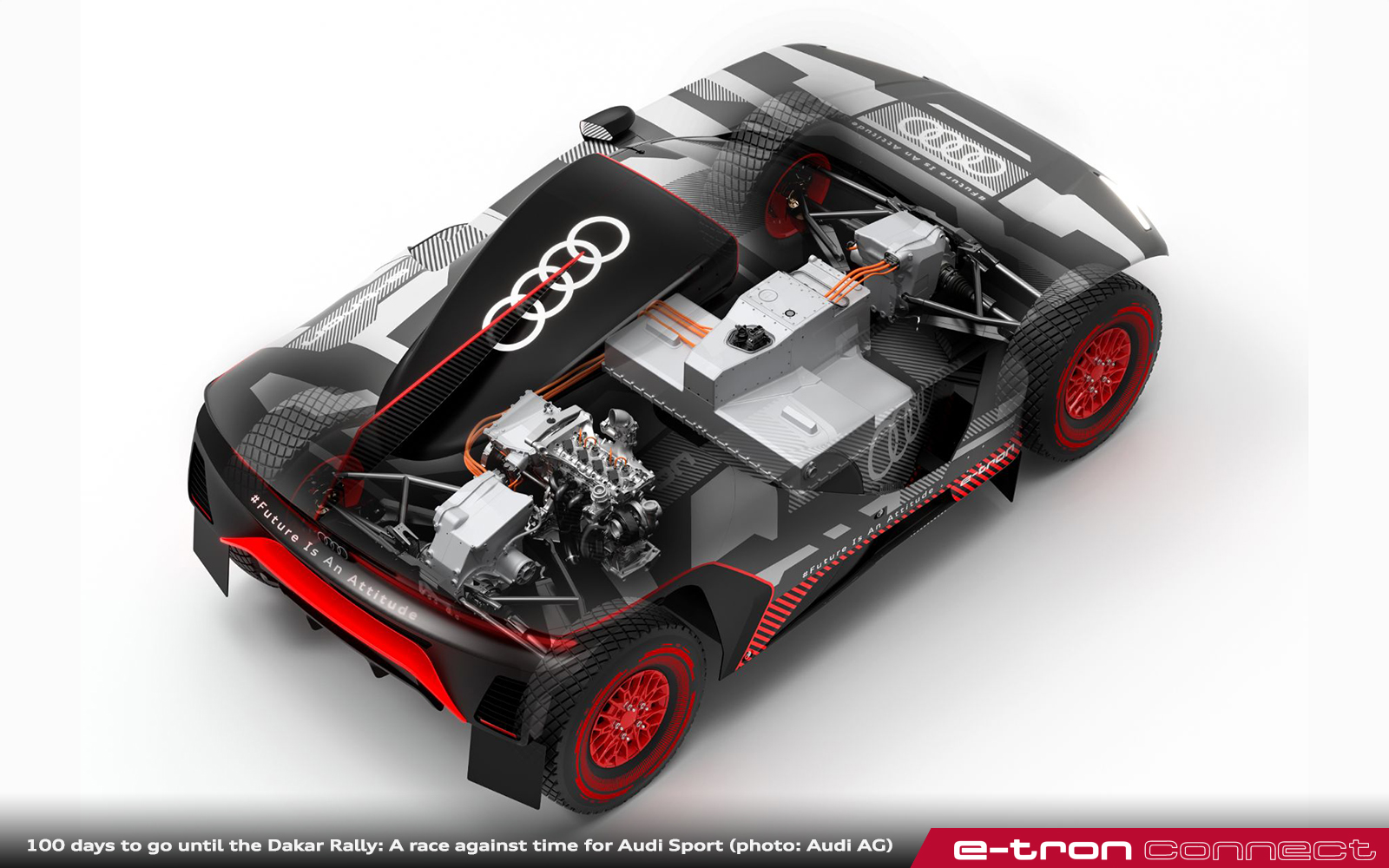
Autotronics is a specialty within Mechatronics Engineering that focuses on the integration of mechanics, electronics, computing, and automatic control in modern vehicles. Its main objective is to optimize the operation, safety, energy efficiency, and comfort of today's automotive systems.
It is a broad and constantly evolving field, ranging from engine control through ECUs (Electronic Control Units) to the use of vehicle communication networks such as the CAN protocol, as well as advanced technologies such as ADAS (Advanced Driver Assistance Systems), powertrain electrification, and the incorporation of intelligent sensors and actuators.
In recent years, autotronics has gained a leading role in the automotive industry due to the technological transition the sector is undergoing. This transformation responds to several global challenges, such as oil scarcity, the need to reduce polluting emissions, and the move toward more sustainable mobility. In this context, various technologies are being developed and researched, including electric, hybrid, hydrogen, and alternative combustion systems, as well as new forms of automation and connectivity between vehicles and infrastructure.
Studying Autotronics today means preparing for a key sector in the energy and technological transformation of transportation. This course aims to introduce you to the fundamental principles, providing you with a solid foundation for understanding and analyzing the systems that power modern vehicles.
- Profesor: Rodrigo Ruben Botelho Oblitas